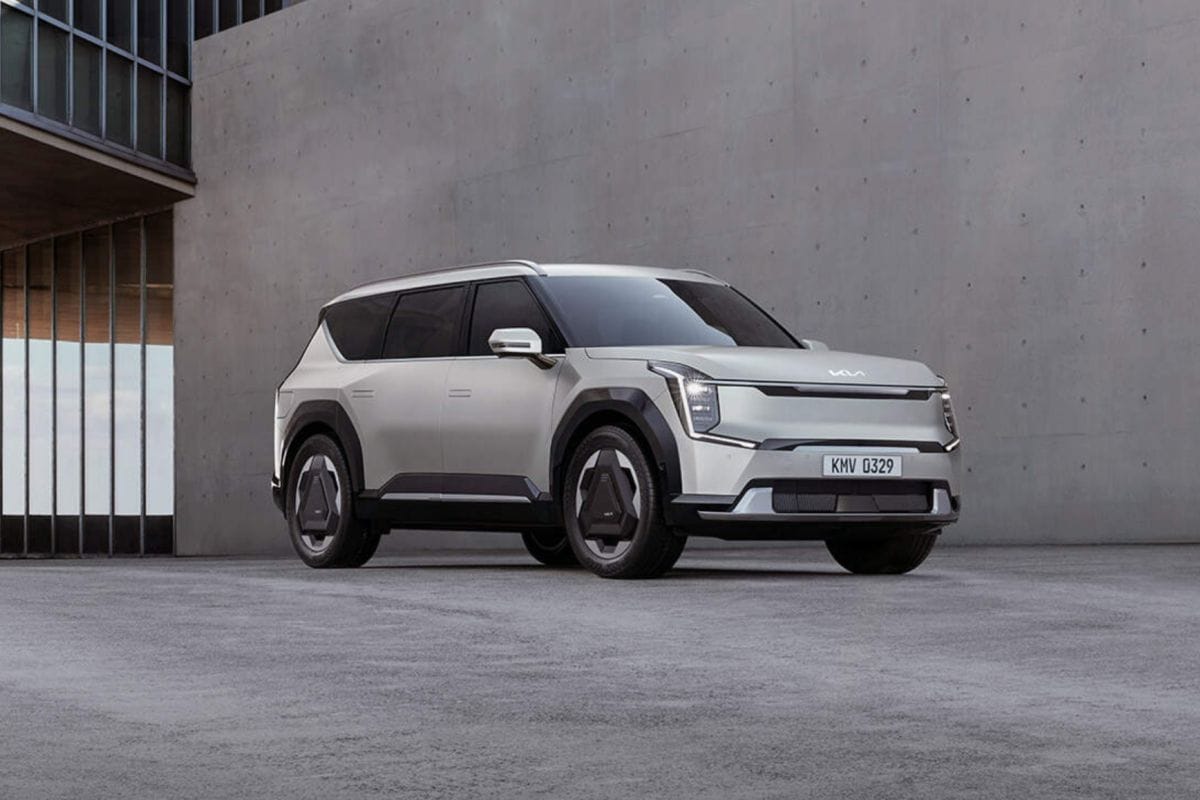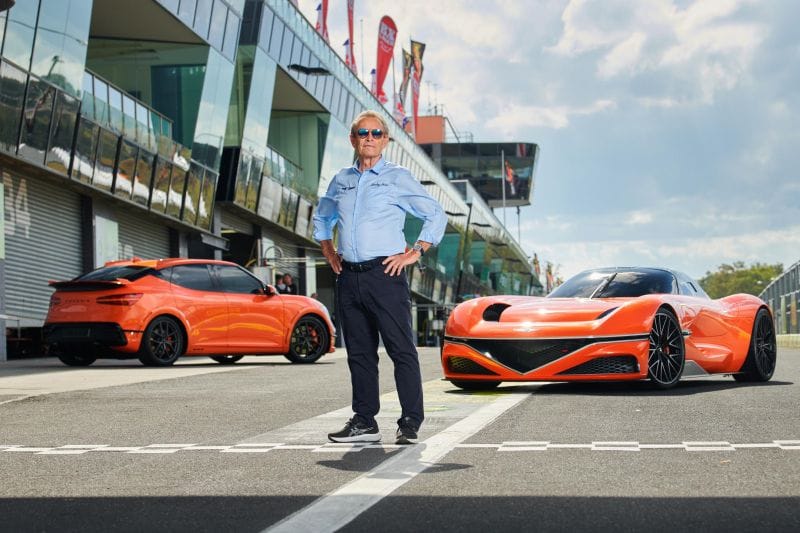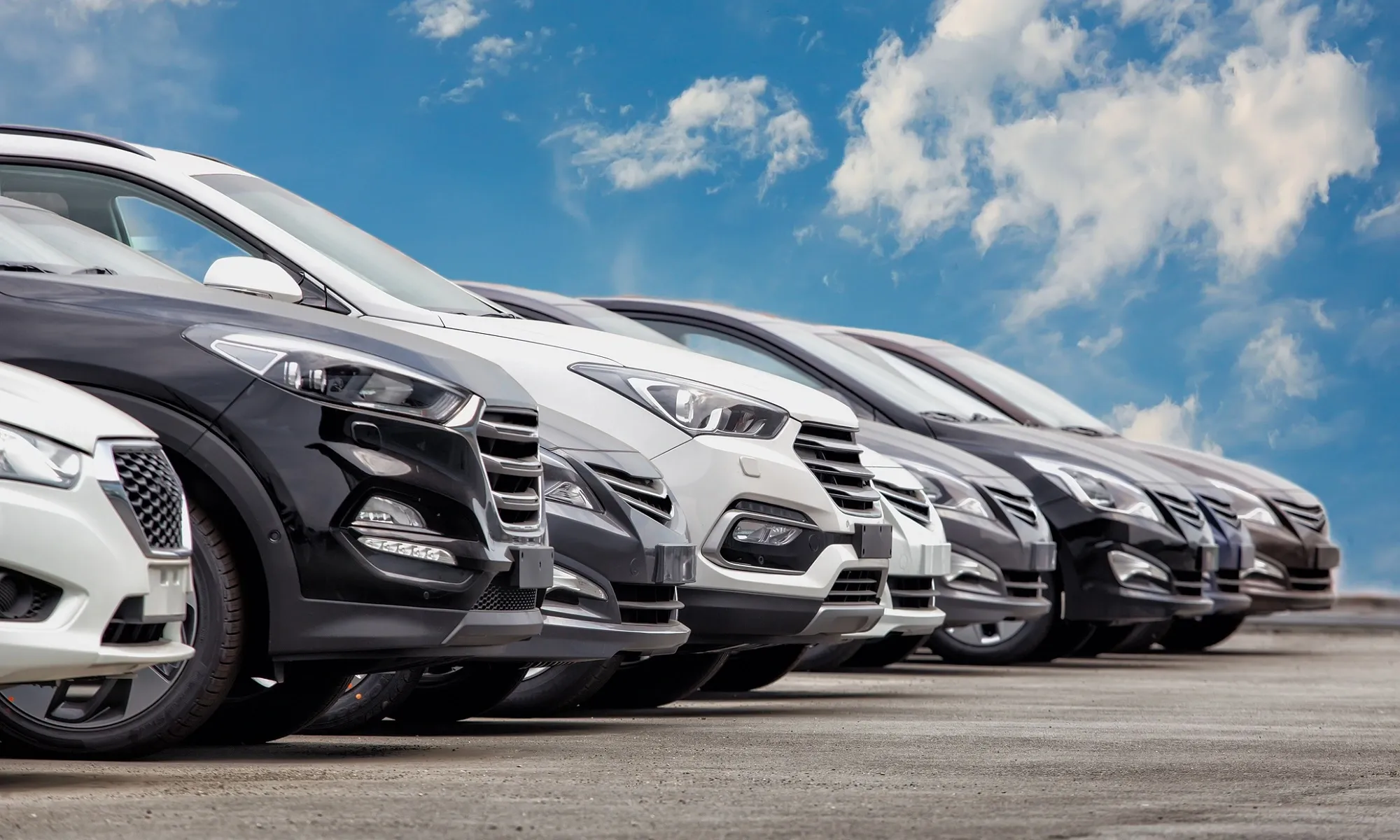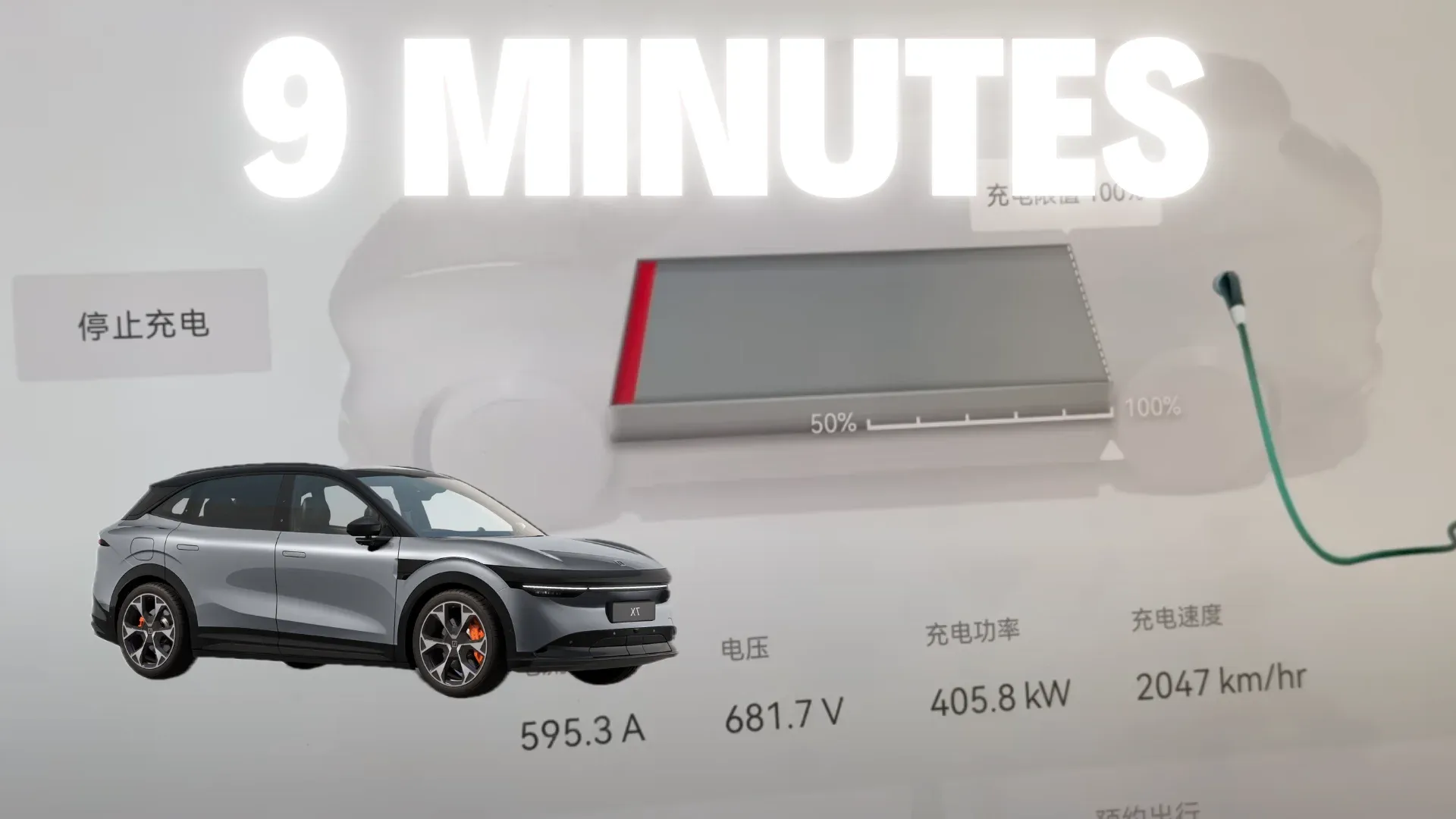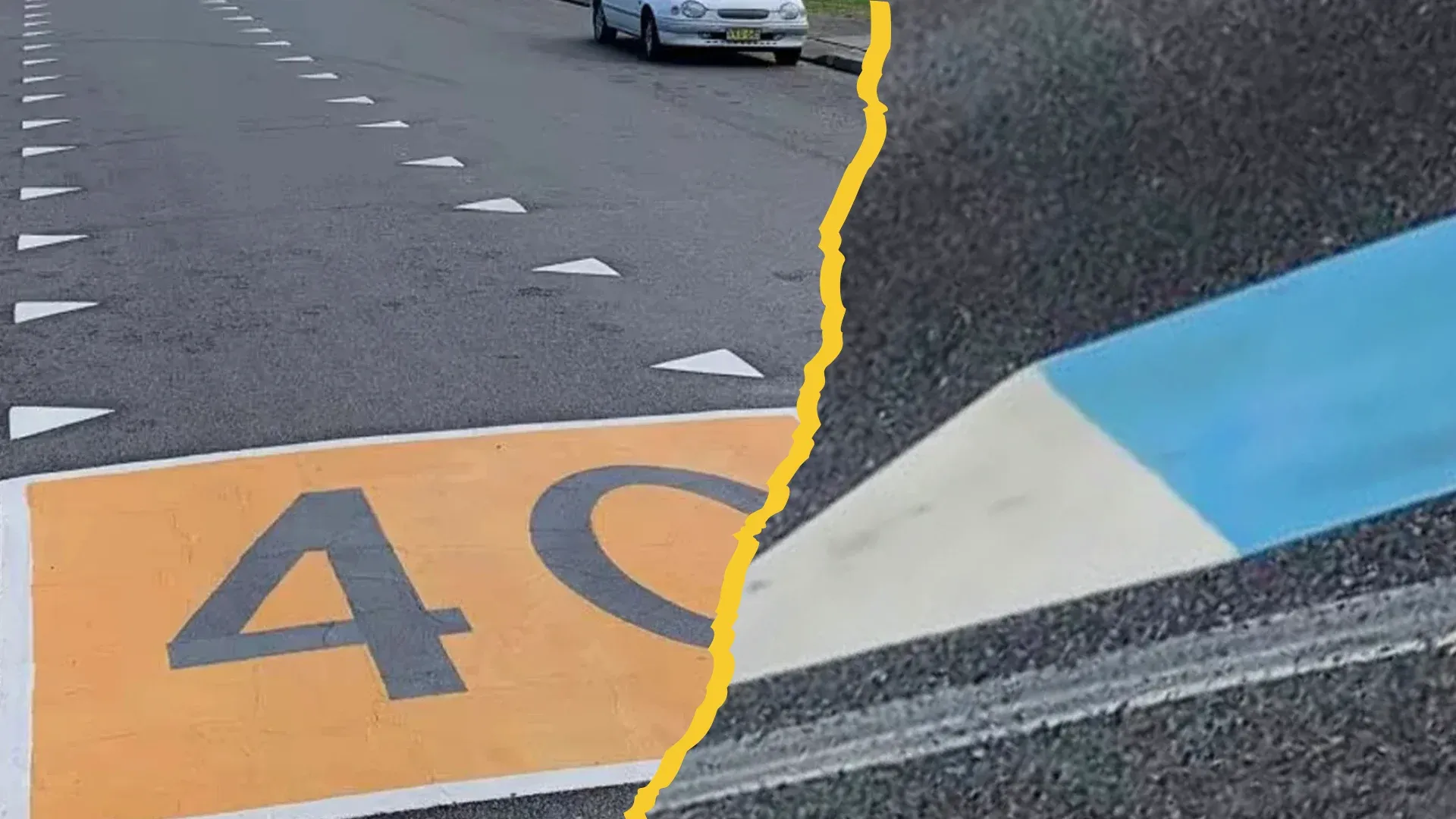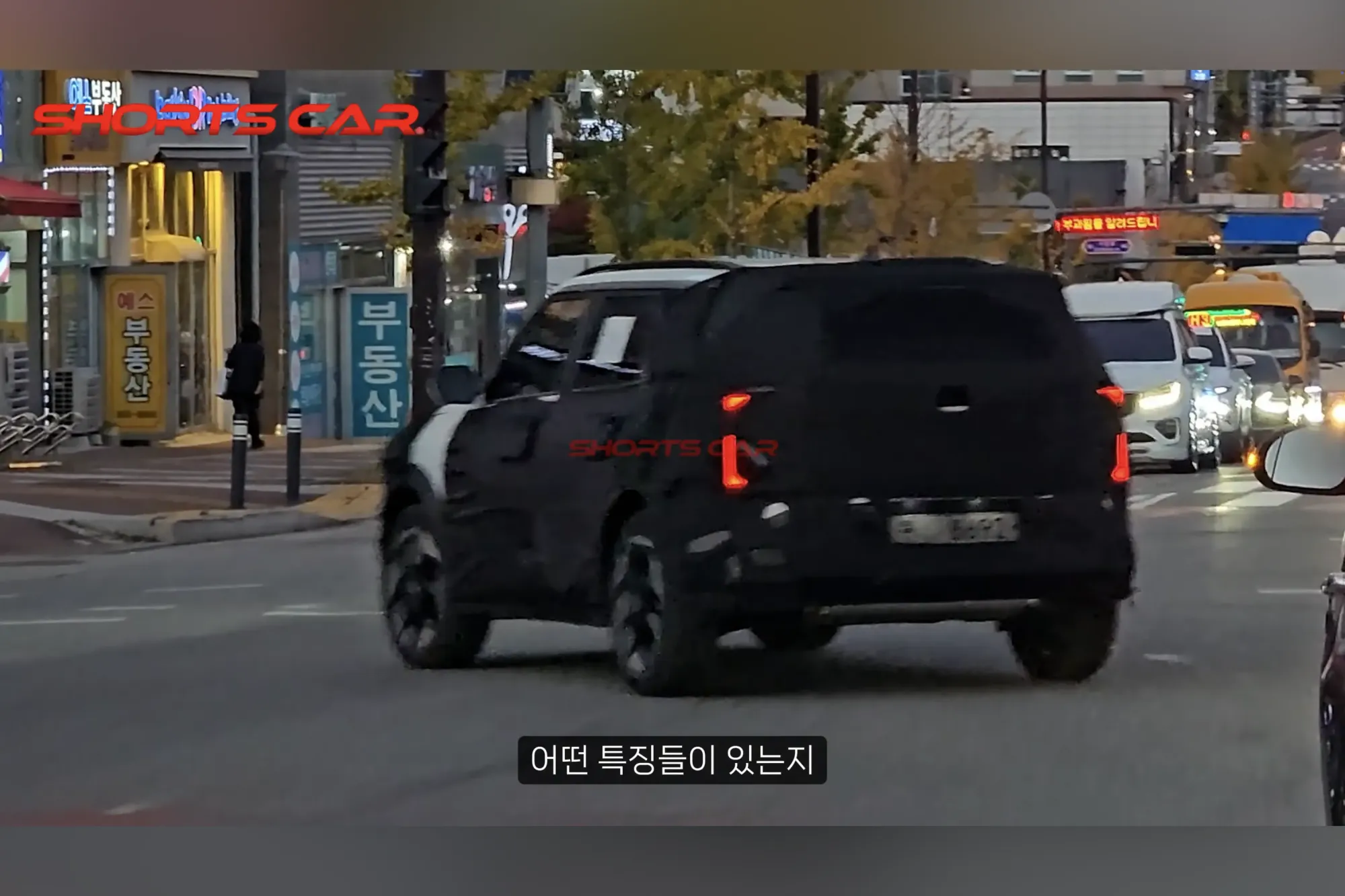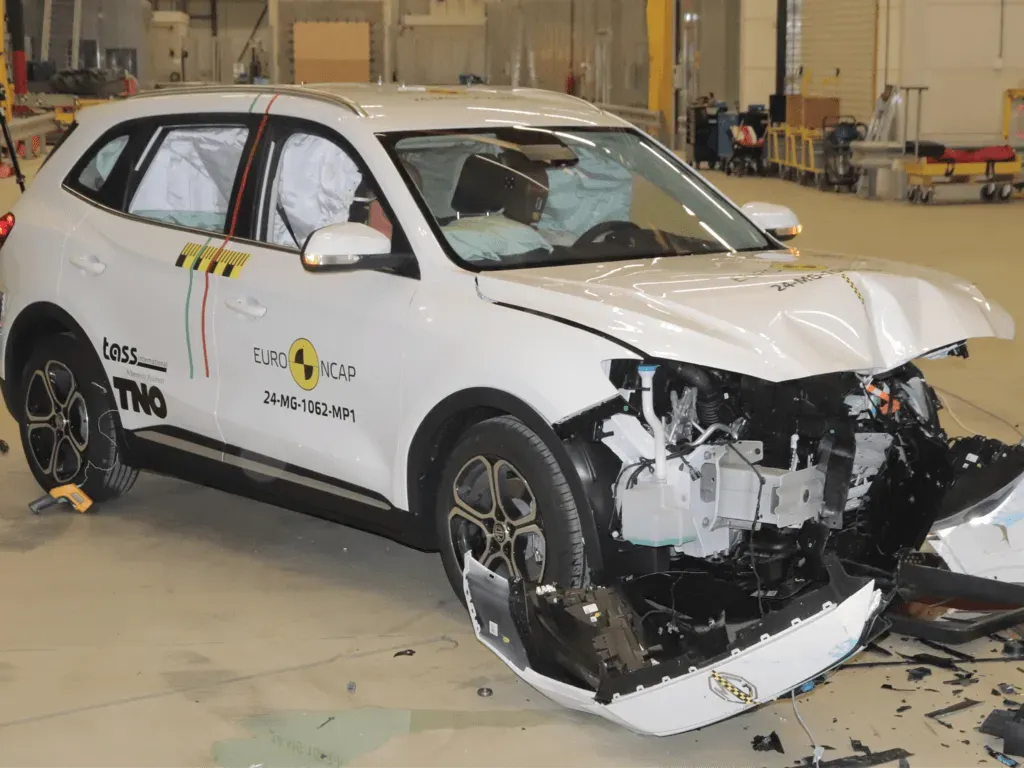Kia Australia has issued a recall for its flagship electric SUV, the EV9, affecting models built between 2023 and 2024 due to a software problem in the braking system that could impact the vehicle's Remote Smart Parking Assist feature.
Recall Details

The recall affects a significant number of Kia EV9s in Australia:
- Total vehicles affected: 602
- Model years: 2023-2024
- Issue: Software problem in the Integrated Electronic Brake (IEB) system
This recall highlights the complexities of advanced driver assistance systems in modern electric vehicles.
Technical Issue
The problem stems from a software glitch in the EV9's braking system:
- The Integrated Electronic Brake system may not operate as intended
- Higher braking force may be required when using Remote Smart Parking Assist
- Potential for increased braking distance during remote parking operations
These issues could pose safety risks, particularly in tight parking situations or around pedestrians.
Safety Implications

Kia Australia has identified potential safety concerns:
- Increased risk of accidents due to reduced braking performance
- Possible danger to vehicle occupants, pedestrians, and other road users
- Particular risk when using the Remote Smart Parking Assist feature
Affected Models
The recall specifically impacts:
- EV9 GT-Line models, where Remote Smart Parking Assist is a standard feature
- Vehicles manufactured between 2023 and 2024
Recall Resolution
Kia has outlined a straightforward process to address the issue:
- Owners are advised to schedule an appointment with a Kia dealer
- A free software update will be applied to the IEB system
- The fix is expected to resolve the braking performance issue
Owner Notification
Kia Australia is taking steps to inform affected customers:
- Direct communication with registered owners
- Vehicle Identification Number (VIN) list made available
- Kia Customer Service available for further inquiries at 131 542
This recall underscores the importance of software integrity in modern vehicles, especially those with advanced autonomous features. As Kia addresses this issue promptly, it reinforces the need for continuous monitoring and updating of complex automotive systems to ensure optimal safety and performance.



